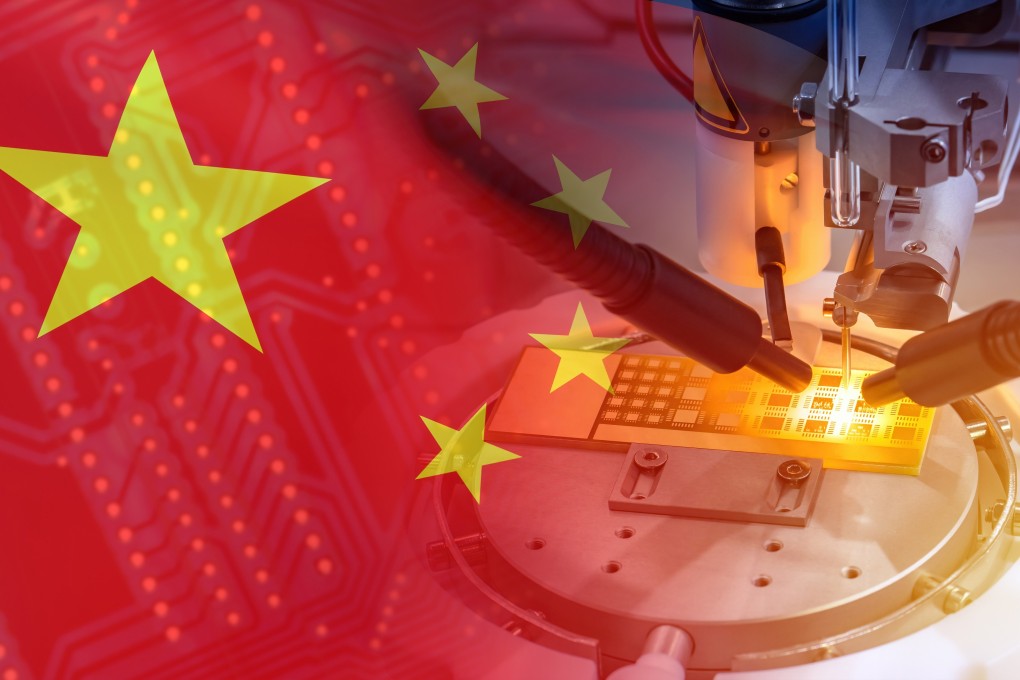China’s state-run semiconductor fund engulfed in scandal as Beijing probes three senior executives for alleged corruption
- Ding Wenwu, former Big Fund president, was being investigated for ‘serious violations of discipline and laws’, a term that usually refers to corruption
- Spurred by Beijing’s push, provincial governments across China jumped on the bandwagon with their own chip-related ventures

China’s state-run chip industry investment fund, a central plank in Beijing’s efforts to achieve “semiconductor independence”, has become engulfed in anti-corruption probes, with a number of its executives under investigation, according to official announcements and local media reports.
While authorities have released few details, the scope of the probe – which involves at least three senior executives from the fund – shows that it could be another scandal as big as the Hanxin chip case in 2006 when the country’s first home-grown computer chip was exposed as a fake.
China’s Central Commission for Discipline Inspection, the country’s top disciplinary watchdog, confirmed over the weekend that Ding Wenwu, the former president of the China Integrated Circuit Industry Investment Fund, was being investigated for suspected “serious violations of discipline and laws”, a term that usually refers to corruption. The announcement came two weeks after Lu Jun, the fund’s former chief executive, became the target of a similar probe.
Separately, Chinese magazine Caixin reported on Sunday that Yang Zhengfan, another executive at the fund, was also being investigated.
While there is no evidence or official announcements to confirm any links between the three cases, the fact that they all worked for the Big Fund – as it is known in China – has invited scrutiny of its operations amid a nationwide push to achieve self sufficiency in semiconductor production.
The fund was set up in 2014 by the Ministry of Finance and China Development Bank Capital, as part of a plan to “leapfrog” developments in the semiconductor industry.
Backed by some of the country’s biggest state-owned companies such as China Tobacco and China Mobile, the first round managed over 138 billion yuan (US$20 billion) and was seen as the country’s primary financing vehicle to support the capital-intensive chip industry.
“The fund can reflect the national will, and meet the strategic industry’s need for long term investment,” Wang Zhanfu, former chairman of the Big Fund, was quoted saying in a 2017 article published by the National Manufacturing Strategy Advisory Committee, a think tank advising Beijing on plans to upgrade the manufacturing sector.